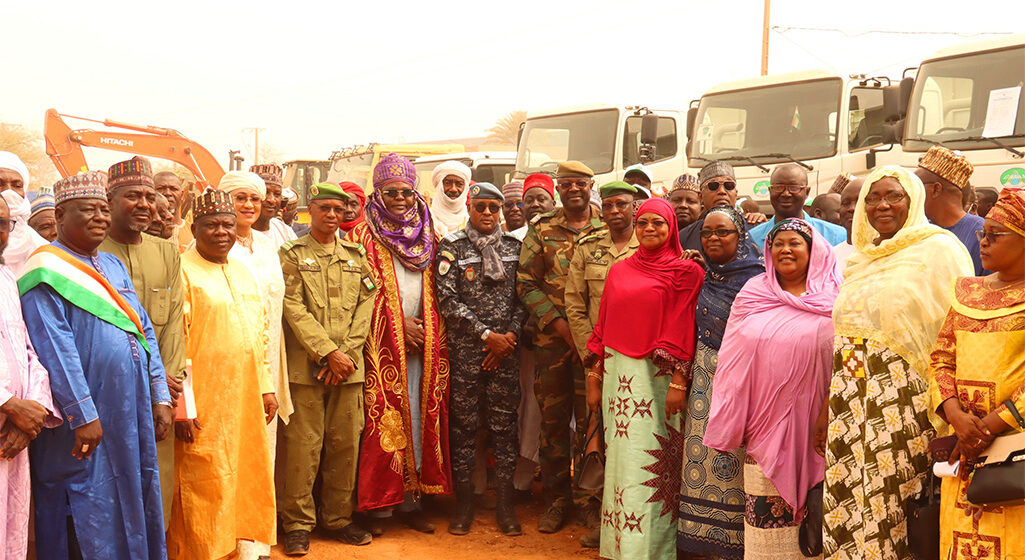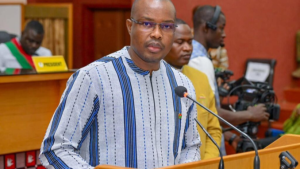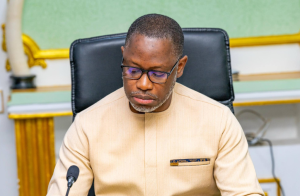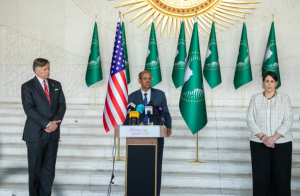Niger: Launch of the “Grand Irrigation Program”, a project of the Ministry of Agriculture and Livestock Development

In a bold endeavour to achieve food self-sufficiency, the CNSP (National Council for the Safeguard of the Homeland ) is embarking on a transformative agricultural initiative aimed at optimizing cultivable lands. This ambitious vision took a significant step forward on March 20, 2024, as the Minister of Agriculture and Livestock officially launched the «Grand Irrigation Program».
Collaborating with the National Office of Hydro-Agricultural Developments, this project is set to revolutionize agricultural practices and ensure sustainable food production in Burkina Faso.
The core objectives of this program are multifaceted. They include expanding large-scale irrigation by revitalizing 3,700 hectares of existing perimeters and developing an additional 21,200 hectares of new irrigated perimeters.
This strategic approach aims to streamline access to irrigation water for a range of agricultural activities, including agro-silvopastoral and fisheries production.
Moreover, the program intends to bolster the cultivation of irrigated crops such as rice, maize, and wheat across 39,700 hectares.
To achieve this, the program emphasizes the use of high-quality agricultural inputs such as seeds, fertilizers, and phytosanitary products, with an anticipated yield of at least 400,000 metric tons of cereals.
Under the leadership of General Abdourahamane Tiani, President of the CNSP and Head of State, this initiative underscores a commitment to providing Niger’s population with access to nutritious and diverse food options that respect cultural, ethnic, and regional values.
The program adopts a comprehensive approach to address cereal deficits through innovative large-scale irrigation techniques and promote alternative food production strategies.
Additionally, it aims to enhance high-value-added agricultural sectors, valorize agricultural outputs, and implement a comprehensive strategy for preventing and managing food crises and disasters
For the year 2024, the program plans to complete the development of 2,000 hectares of new irrigated lands and rehabilitate an additional 2,000 hectares of existing perimeters.
The estimated cost of these endeavors, totaling 40 billion CFA francs, will be financed through contributions from the national budget and the Solidarity Fund for the Safeguarding of the Nation (FSSP), highlighting a collective effort toward national development and food security.
Papa Ibrahima






